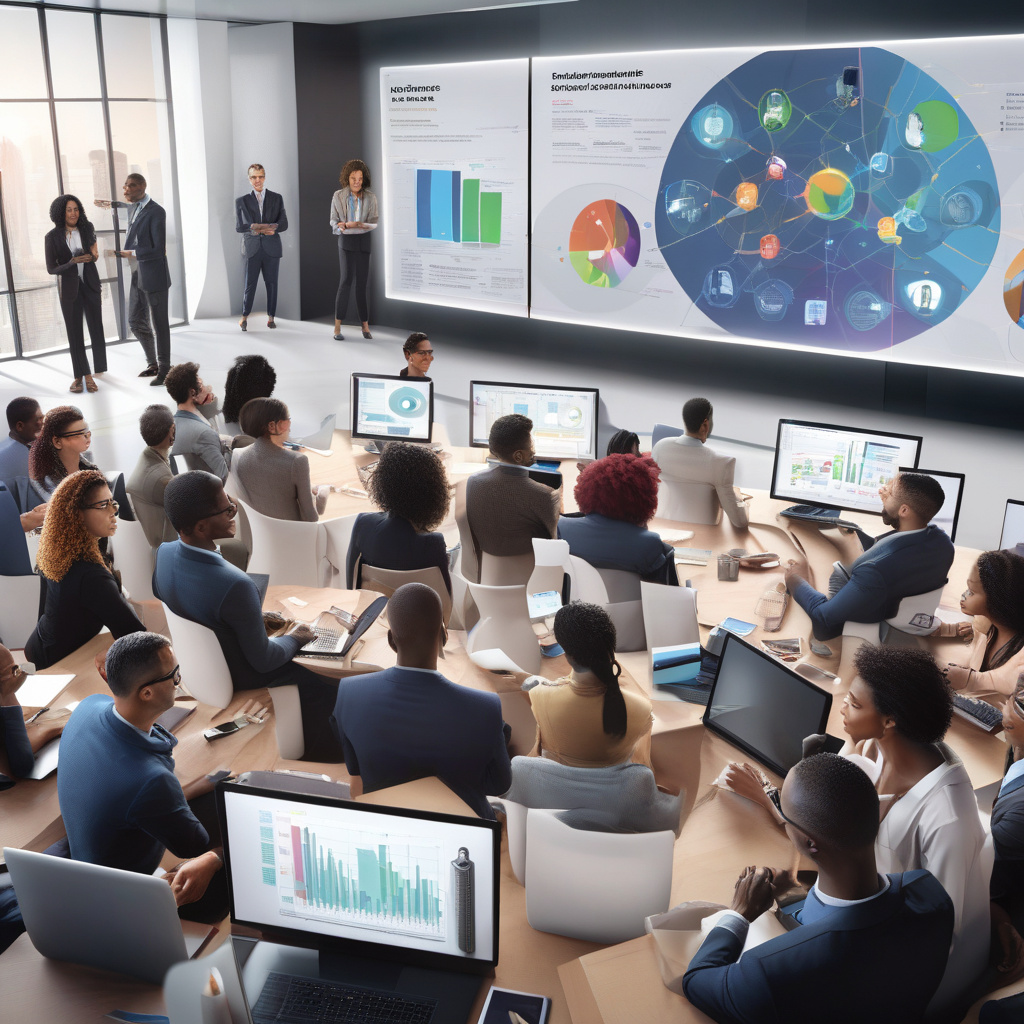The Impending Arrival of OpenAI’s GPT-5: Redefining AI Standards in 2025
OpenAI, a trailblazer in the realm of artificial intelligence, is gearing up to launch its much-anticipated GPT-5 model in 2025. With the tech world abuzz with speculation, expectations are soaring as industry experts predict that GPT-5 could revolutionize AI standards. Promising multimodal capabilities, advanced reasoning, and a shift towards scalable, integrated platforms, GPT-5 holds the potential to reshape the future of AI as we know it.
One of the key areas where GPT-5 is expected to make significant strides is in its multimodal capabilities. Unlike its predecessors, GPT-3 and earlier versions, which primarily focused on text-based inputs, GPT-5 is anticipated to have the ability to process and generate outputs across multiple modalities, including images, videos, and audio. This leap in functionality could open up a plethora of new applications across industries, from content creation and analysis to virtual assistants and healthcare diagnostics.
Moreover, GPT-5 is projected to boast advanced reasoning capabilities, allowing it to not only generate more coherent and contextually relevant responses but also to understand and respond to complex queries in a more human-like manner. By enhancing its ability to grasp nuanced nuances in language and context, GPT-5 could set a new benchmark for AI in terms of natural language processing and understanding.
Furthermore, OpenAI’s push towards scalable, integrated platforms with GPT-5 signals a shift towards more robust and versatile AI solutions. By focusing on creating AI models that can seamlessly integrate with existing systems and technologies, OpenAI aims to democratize access to advanced AI capabilities, making them more accessible and user-friendly for a wider range of applications and industries.
The implications of GPT-5’s impending launch are far-reaching, with potential impacts on diverse sectors such as healthcare, finance, education, and entertainment. For instance, in healthcare, GPT-5’s advanced reasoning and multimodal capabilities could revolutionize patient care by enabling more accurate diagnostics, personalized treatment plans, and timely interventions based on a holistic analysis of medical data.
In the realm of finance, GPT-5 could streamline complex financial analyses, risk assessments, and investment strategies by processing vast amounts of data from diverse sources and generating actionable insights in real-time. Similarly, in education, GPT-5’s ability to create interactive and personalized learning experiences could transform how students engage with educational content and acquire new skills.
As OpenAI prepares to unleash GPT-5 onto the world stage in 2025, the tech community eagerly anticipates the dawn of a new era in artificial intelligence. With its promise of multimodal capabilities, advanced reasoning, and scalable, integrated platforms, GPT-5 has the potential to redefine AI standards and pave the way for a future where AI is not just a tool but a true partner in innovation and progress.
#OpenAI, #GPT5, #ArtificialIntelligence, #AIStandards, #FutureTech
